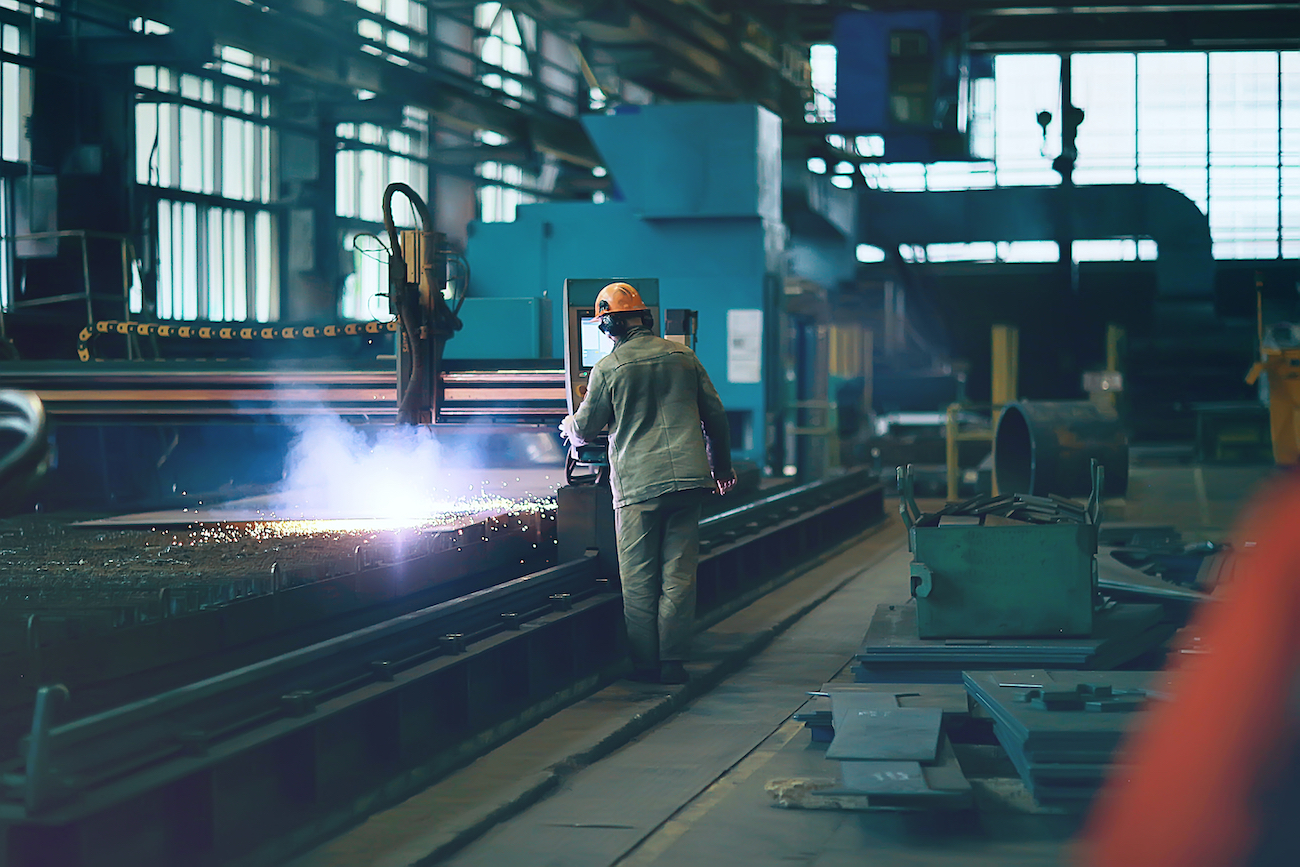The European Commission’s eighth round of sanctions on Russia has widened the EU ban on Russian steel, encompassing, as expected, Russian semi-finished products. However, temporary exemptions have been granted, with slab imports permitted up to a quota exceeding 3.7 million tonnes/year until 2024.
The eight sanctions package was approved on Wednesday (see Kallanish passim), but details were released on Thursday.
The new sanctions also specify that steel products processed in third countries using steel originating from Russia will not be accepted in Europe as of 30 September 2023. This therefore tightens restrictions on those third-country steel processors making use of competitive Russian feedstock and wishing to supply the EU.
As expected, some temporary exemptions for specific grades of semis were granted. The official Commission announcement explains that a quota of 3.748mt will be granted for slab – CN code 72071210 – for the period October 2022-September 2023 and then again for October 2023-September 2024.
Russian billet has also been given a quota, albeit much smaller than slab. Between October 2022 and September 2023, Russian-origin billet imports of up to 487,202t will be permitted, reducing to 85,260t in October-December 2023 and 48,720t in January-March 2024.
A senior source at a European steelmaker notes that granting exemptions for specific products creates too much confusion.
The new round of sanctions also includes a complete ban on the import of coking coal from Russia into the EU. Finally, it specifies that material originating from the regions of Donetsk, Luhansk, Zaporizhzhia and Kherson will also be targeted by bans.






